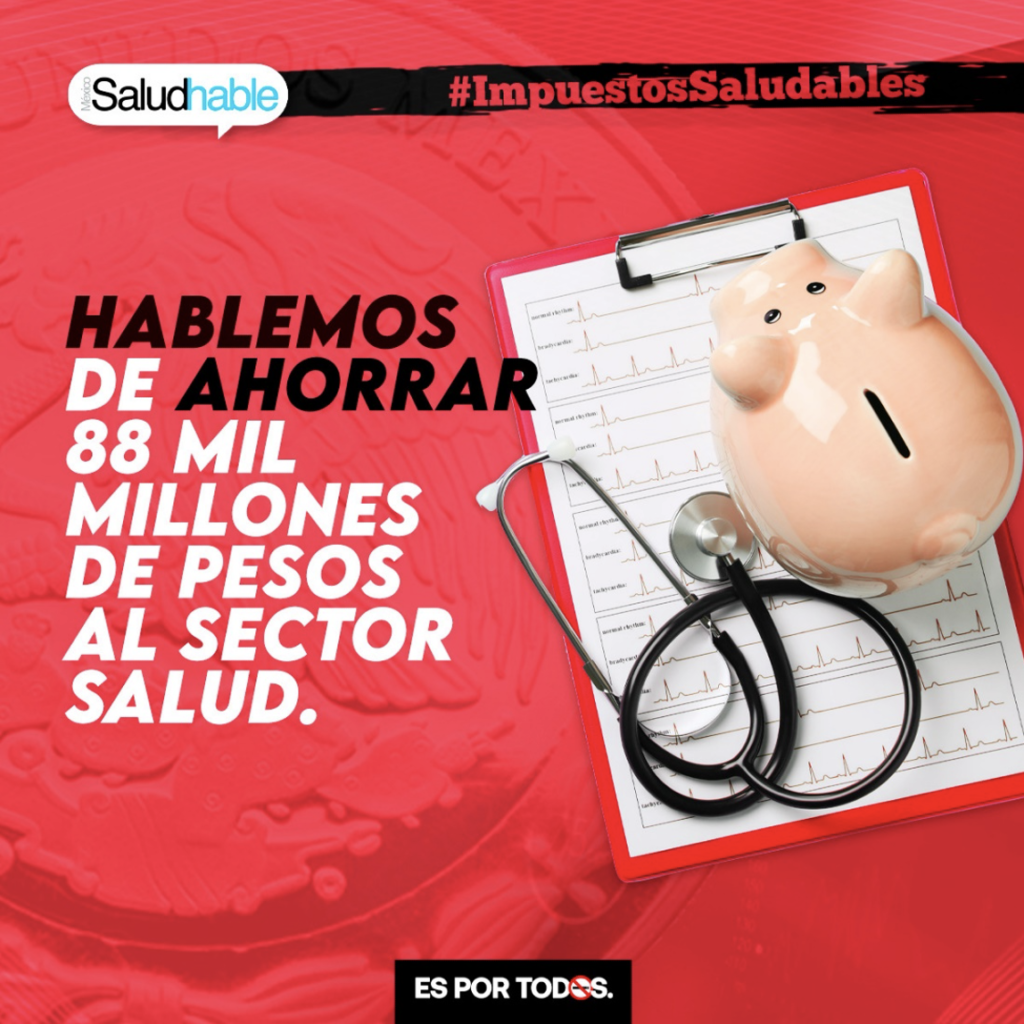When it comes to tobacco control, 2022 has been a banner year for Mexico. Thanks to an amendment to the General Tobacco Control Law, the country has seen an expansion of smoke-free environments and a ban on tobacco advertising, promotion and sponsorship.
And yet, one critical tool was left out of Mexico’s tobacco control strategy this year: raising tobacco taxes.
The tobacco tax is a lifesaver. Higher tobacco taxes—which raise the cost of the product to consumers—is the most cost-effective policy in the tobacco control toolbox. Studies show that if Mexico were to raise tobacco prices by 50%, over the next 10 years:
- An estimated 1 million people would quit smoking;
- More than 49,000 lives would be saved;
- More than 200,000 new cases of diseases would be averted.
What’s more, tax revenues could be boosted by 310 billion pesos (approximately US $16 billion), money that the government could invest in public health interventions.
Get Our Latest Public Health News
Join our email list and be the first to know about our public health news, publications and interviews with experts.
That is why Mexican organizations like Refleacciona—which aims to positively influence Mexico’s transformation through the development of projects that are beneficial to public health—is conducting a national advocacy campaign calling for an increase in the tobacco tax. Refleacciona is working in conjunction with Mexico’s SaludHable Coalition, and with support from Vital Strategies, which produced audiovisual materials to support the campaign.
Launched in September 2022, the campaign is largely conducted on social media, but also airs public service announcements on public transportation. So far, the Twitter campaign—with more than 40 tweets tagging legislators—has performed well, earning an engagement rate of nearly 20%.
Notably, younger audiences are engaging more with campaign tweets that focus on the economic impacts of tobacco cessation—such as one that links quitting smoking to billions of pesos in savings for the health sector—while messages with more of an emotional appeal are performing well among older audiences. Examples of the latter include reminding the public of the 63,000+ lives that could be saved every year through smoking cessation.

“There is clearly a division among these two populations that we have not seen before,” said Benjamin Gonzalez Rubio, Vital’s Communication Manager in Mexico City. “We cannot use one message to appeal to everyone.”
The campaign will run until the middle of December, when the Congressional session will end. By building public support for an increase in the tobacco tax, the coalition of advocacy, public health and smoking cessation organizations hopes to garner the political will needed to push through this reform. Currently, the tax on tobacco products in Mexico is at 60%, which is well below the 75% tax recommended by the World Health Organization to limit consumption.
Public support for raising tobacco taxes is high. According to a national poll released in August 2022, 77% of people—both smokers and nonsmokers—agreed that the tax on cigarettes should be increased to prevent consumption and protect the public’s health.
To counter arguments posed by some political figures in Mexico that raising tobacco taxes may harm lower-income people, the campaign focuses on the benefits. These benefits were underscored in a publication by the World Bank, Tobacco Tax Reform at the Crossroads of Health and Development: A Multisectoral Perspective, which states that by reducing tobacco consumption, lower-income populations receive 1.5 to 10 times in health benefits compared to the value of the tax paid.
Building political will is a critical step to rounding out Mexico’s tobacco control victories, which date back to 2004, when Mexico became the first country in Latin America to ratify the World Health Organization Framework Convention on Tobacco Control. Yet tobacco use remains the seventh leading risk factor for poor health and early death in Mexico. Expanding smoke-free environments and banning all tobacco advertising, promotion and sponsorship are important steps toward better health outcomes, but these policies can only go so far without the lifesaving benefits of raising the tobacco tax.
